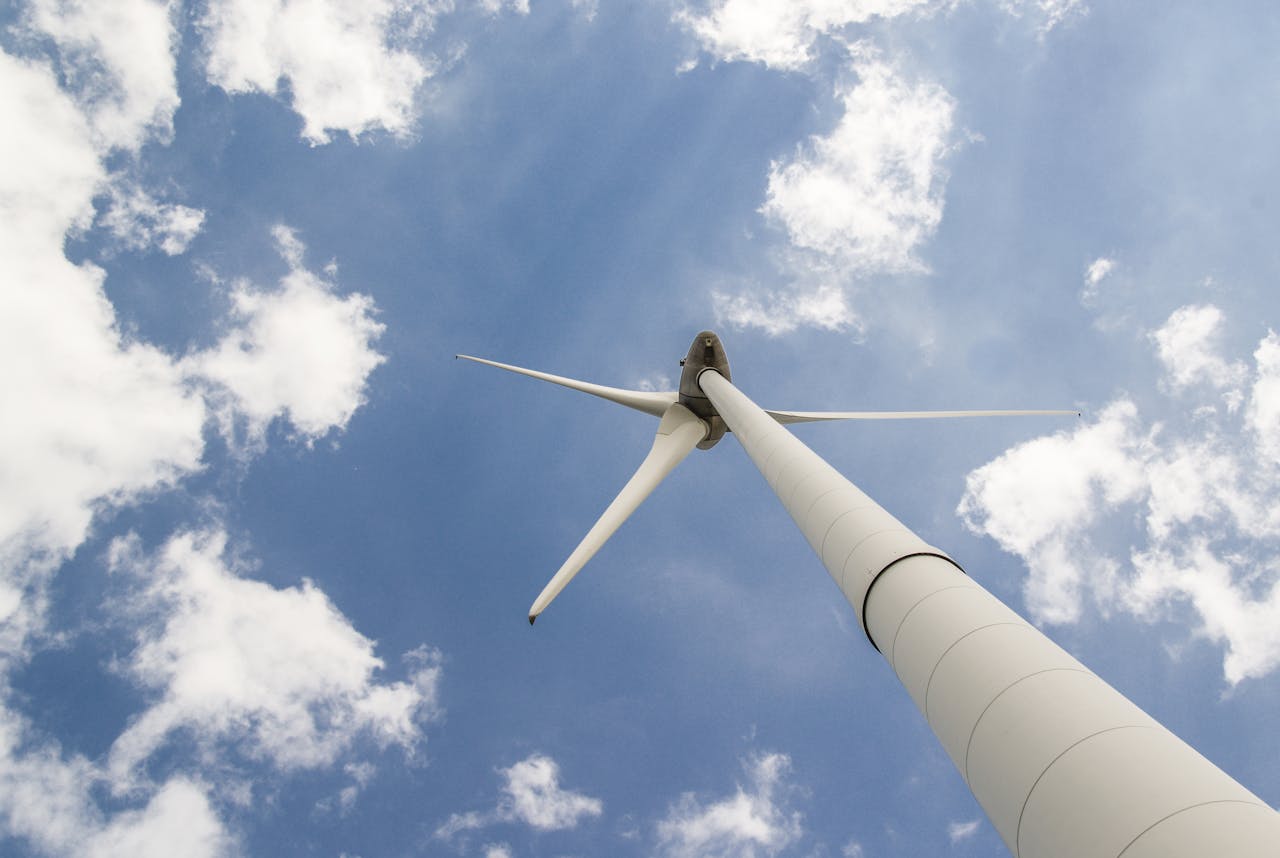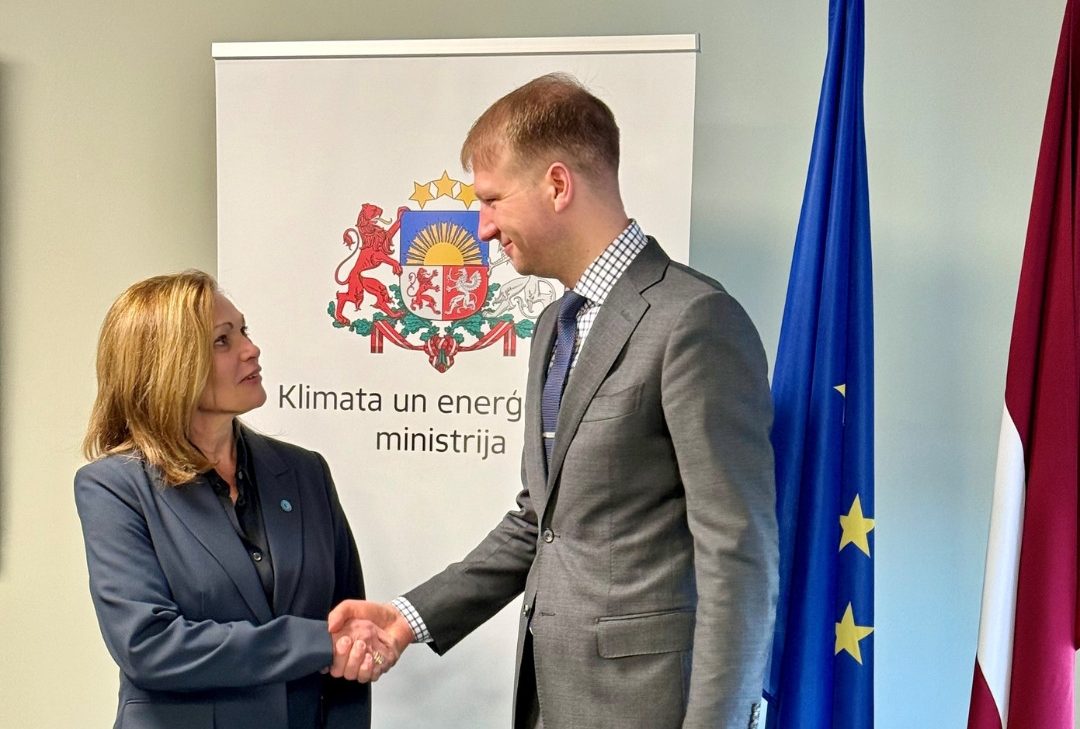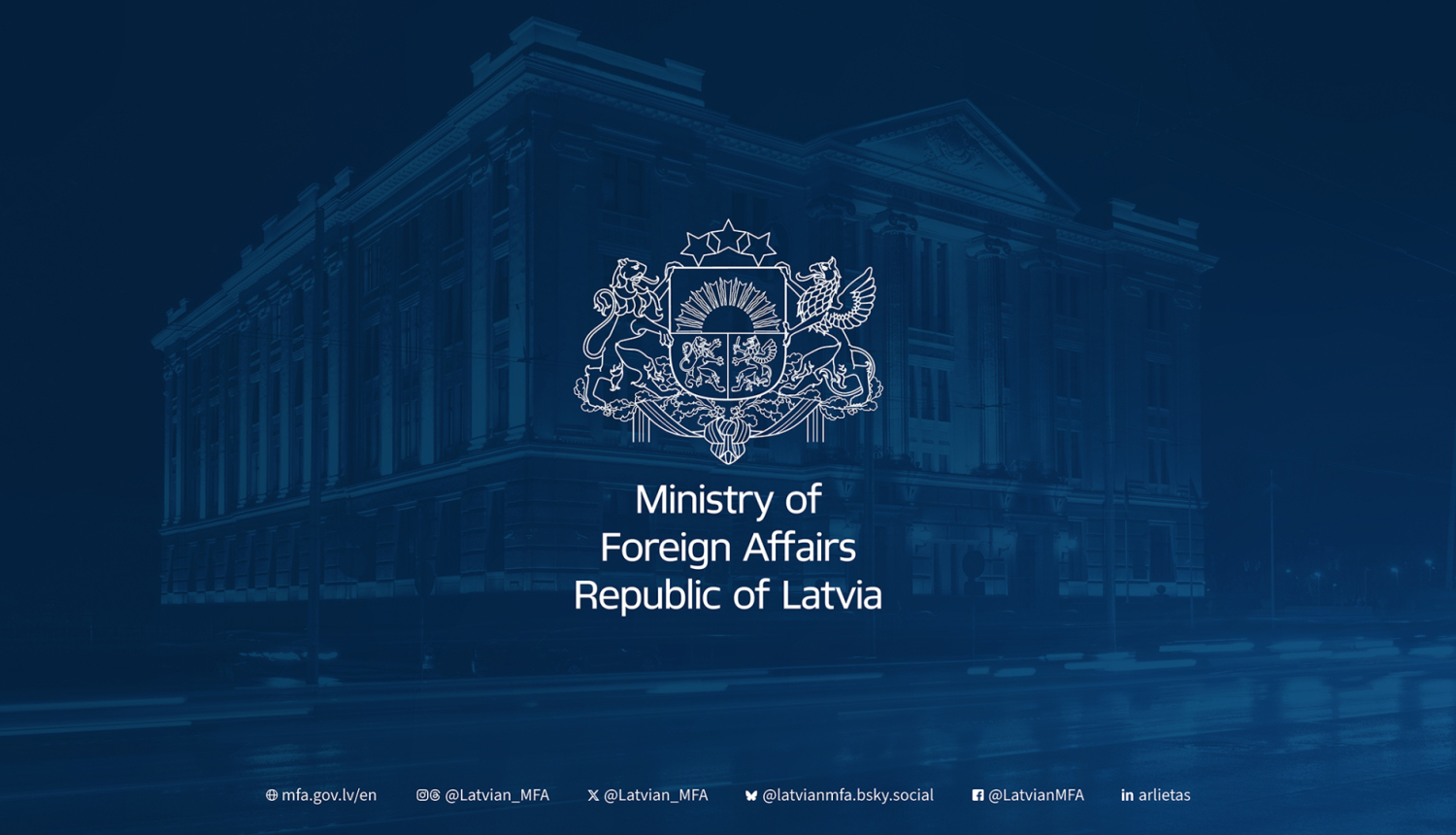A recent study conducted by the KOG Institute for Marketing and Communication Sciences has revealed that the majority of Lithuanian citizens are in favor of developing wind farms in the Baltic Sea, with strong support for the nation’s move toward renewable energy sources. This survey, which reflects the perspectives of a diverse cross-section of the Lithuanian population, underscores the growing recognition of offshore wind energy as a key element in achieving the country’s energy independence. A summary of the data has been presented by Ignitis Renewables.
The survey found that an overwhelming 77% of Lithuanians believe it is strategically important for the nation to generate all the electricity it needs through its own resources. This sentiment is closely tied to the broader perception that electricity generated from renewable sources enhances Lithuania’s energy independence—a view shared by 76% of respondents.
Offshore wind energy, in particular, enjoys significant backing, with 77% of the population supporting the development of wind farms in Lithuania’s Baltic Sea territory. The support is not only strong on a national level but also within the coastal regions, where 66% of residents expressed their approval for such projects.
Paulius Kalmantas, Communication Partner at Ignitis Renewables, an international green energy company, pointed out that coastal residents, despite showing slightly lower support than the national average, are better informed about offshore wind energy and hold fewer misconceptions. “People living near the coast and in Western Lithuania have a stronger and more positive opinion on offshore wind farms than other Lithuanians,” Kalmantas noted. He highlighted that coastal communities understand the minimal impact of offshore wind farms on their quality of life and appreciate their significance for national energy independence.
The study also revealed that coastal residents have a more nuanced understanding of the logistical and operational aspects of offshore wind farms. For example, 67% of coastal residents believe that these wind farms are located far enough from residential areas to prevent noise disturbance, a view held by only 18% of the general population. Furthermore, 61% of coastal residents consider offshore electricity generation to be more effective than onshore, and 49% see it as a more stable energy source, compared to just 17% and 12% of the national respondents, respectively.
Kalmantas emphasized the importance of both offshore and onshore wind farms in achieving Lithuania’s and Europe’s strategic energy goals but noted the greater potential of offshore wind due to its more consistent electricity generation. He attributed the higher level of awareness and acceptance in Western Lithuania to the region’s longer exposure to wind energy projects, making wind turbines a familiar and less intimidating sight for locals.
The study also highlighted the broader economic benefits perceived by the Lithuanian population. While 70% of Lithuanians believe that offshore wind farms are crucial for energy independence, 78% of coastal residents also see them as significant contributors to the national economy.
This comprehensive survey, conducted in the spring of 2024, involved 1,009 Lithuanian citizens aged 18 to 64 through online questionnaires. Additionally, 550 residents from Western and coastal Lithuania participated in phone and in-person interviews, providing a detailed look at regional perspectives on offshore wind energy. The findings of this study underscore the broad support for renewable energy in Lithuania and highlight the critical role of offshore wind farms in the country’s pursuit of energy independence and economic growth.
Source: Ignitis Renewables














